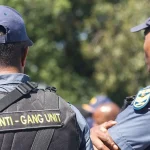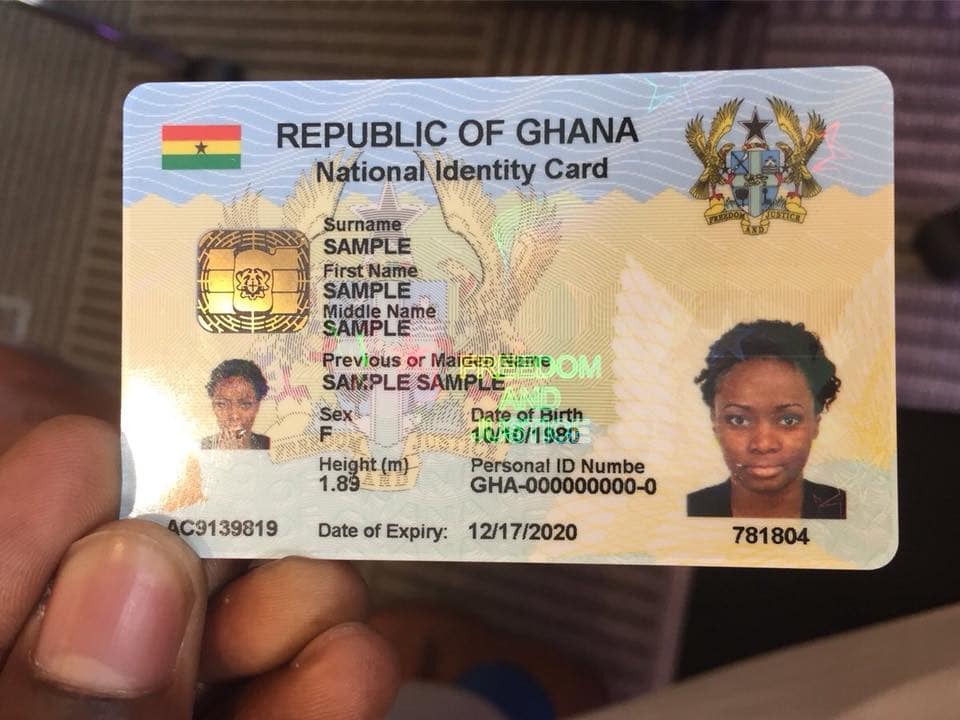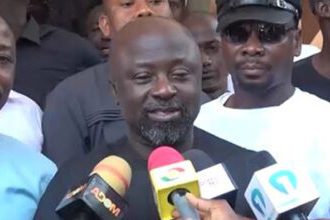The president, Nana Akufo-Addo, will on the night of Sunday, July 25, address the country on the measures his government is taking to stem the tide of the COVID-19 upsurge.
This will be the president’s 26th address since Ghana first recorded its own share of the global pandemic in March of 2020.
This address comes less than 24 hours after the Noguchi Memorial Institute for Medical Research (NMIMR) warned that fully-vaccinated persons are testing positive for the fast-spreading Delta variant with very high viral loads.
NMIMR observed, “with concern”, some characteristics of the new Delta variant of SARS-Cov-2 detected at the institute’s testing centre since April 2021.
In a statement issued on Saturday, 24 July 2021, the Institute said the “positive cases have very high viral loads indicated by low cut-off thresholds (CT values) obtained in the real-time RT-PCR assay”.
The CT values for the majority are between 15 and 20 compared to higher values above 30, seen previously, NMIMR noted.
The Institute also said it has observed that “the positive individuals are taking longer to clear the virus”, explaining: “This is evident in the number of retests that still test positive”.
Ghana was recording nearly 4,000 active COVID-19 cases as of July 20 as deaths have also soared in a fortnight.
Delta rising in Ghana
Ghana reported its first six cases of the Delta variant on June 22. These cases were among samples taken at the Kotoka International Airport (KIA) at the end of April, according to Dr. Yaw Bediako, CEO at Yemaachi Biotech.
The time difference between sampling and confirmation of the strain clearly presented a problem. As experts all over the world have warned, countries tend to play catch-up when it comes to viral epidemiology.
This is simply the fact that infections spread faster than testings can confirm. Dr. Bediako insinuated in an interview on Joy News TV that there is reason to believe that there was already a community spread of the Delta variant in Ghana.
Public health workers and officials dread the community spread of COVID-19 for a very good reason. It becomes harder to identify and quarantine persons of interest through contact tracing. But when it comes to the Delta variant the dangers are even much scarier given what we have come to know from other jurisdictions.
However, testing in Ghana leaves much to be desired by experts such as Dr. John Amuasi of the Global Health Department, School of Public Health, Kwame Nkrumah University of Science and Technology (KNUST).
Ghanaians are not willingly testing for COVID-19 even as the regime of restrictions continues to be relaxed, neglected and/or flouted. The public continues to live its life as though a pandemic is not with us, Dr. Amuasi complained in a recent TV interview.
















